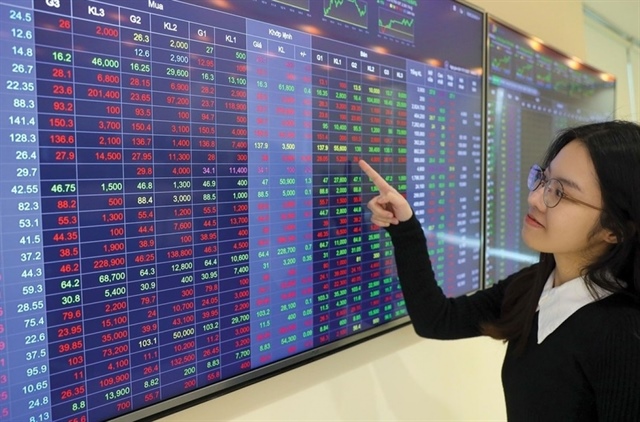Vietnam remains investment paradise in ASEAN
Vietnam remains investment paradise in ASEAN
Diep Nguyen, managing director of Indochina Capital, shares with VIR’s Nam Phuong her thoughts on why the Vietnamese stock market maintains its appeal in the emerging ASEAN region.

In foreign investors’ eyes, how does Vietnam stand out among its regional peers, such as Thailand, Indonesia, and the Philippines?
It is affordable to invest in Vietnam. Despite the recent rally of the VN-Index, the Vietnamese stock market remains cheaper than its neighbours, with a 16.3x price-on-earnings ratio compared to the average 20.1x for the ASEAN and China. Many rival markets, such as the one you named, have a P/E ratio of more than 20x.
Similarly, the 1.9x price-per-book quoted for Vietnam is lower than the regional average of 2.2x. The dividend yield in Vietnam seems attractive, at 2.4 per cent, against the ASEAN average of 2.2 per cent.
Macro factors underpinning the Vietnamese economy are also favourable, with strong foreign direct investment inflows leading to strong manufacturing growth, tame inflation, and a stable currency.
From my perspective, the Vietnamese equities market is moving in the right direction with a series of progressive regulations. Examples include the lifting of the foreign ownership limit in listed firms (via Decree No.60/2015/ND-CP) and the growing momentum of state divestment from leading corporations.
Despite recent growth, the Vietnamese market remains much smaller than its peers. What can keep foreign investors excited about this tiny market?
The Vietnamese market is still growing, and what is more, at a more sustainable rate than at its 2006 boom. Overseas investors are particularly eager for large-scale equitisations, such as the telecommunications giant MobiFone, listings of leading breweries Saigon Beer or Hanoi Beer, and the divestment from Vinamilk. These major offerings will be a great incentive for large institutional investors who previously stayed away from Vietnam due to the market’s small .
New financial services, ranging from derivatives to intra-day trading, will also stimulate traders’ interest. Foreign investors have opened nearly a thousand new accounts since the beginning of 2016, four times the 2015 figure. This definitely signals an increasing interest.
The currencies of emerging markets are often disadvantaged by risk of depreciation. Are you worried about FX volatilities for the VND?
Since the beginning of the year, strong foreign direct investment inflows, a trade surplus, and relatively high foreign exchange reserves have been the supporting pillars for the VND. The new FX mechanism, which allows the VND/USD to change on a daily basis, also alleviates the volatility of the VND to fluctuation on the global FX market.
I believe these elements will continue to create a buffer for the VND against depreciation pressures, including the potential rate hike in December by the US Federal Reserve. The VND is likely to depreciate until the end of the year, but I do not expect significant change.
Can you share Indochina Capital’s strategy to capitalise on new opportunities in Vietnam?
In Vietnam, Indochina Capital has been better known for its real estate projects. However, since 2004, we have also been managing a portfolio of $25 million in Vietnamese stocks, on average. We have outperformed the VN-Index in 11 out of the last 13 years.
As long-term investors, Indochina Capital targets companies with good management, healthy finances, sustainable earnings, and compelling valuations. Our annualised return since inception is 17.3 per cent, and since 2012, it is 26.9 per cent.
Our main competitive advantage is that our separately managed accounts offer customised portfolios for each investor. This structure is favoured by high-net worth individuals and family offices, as they have the option to get involved in decision-making.



























